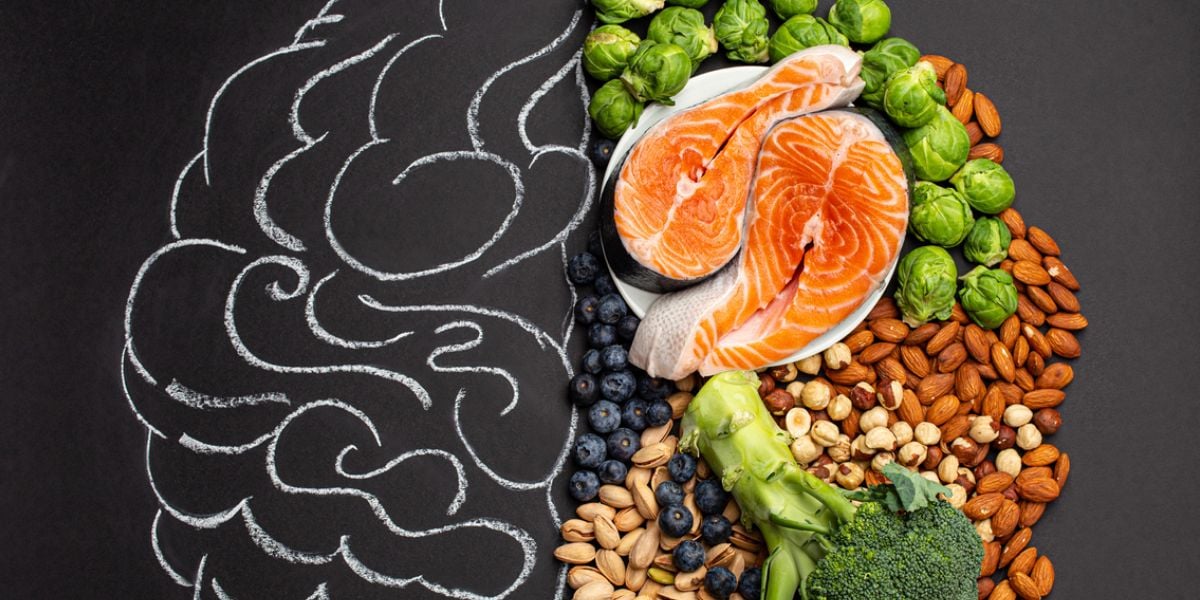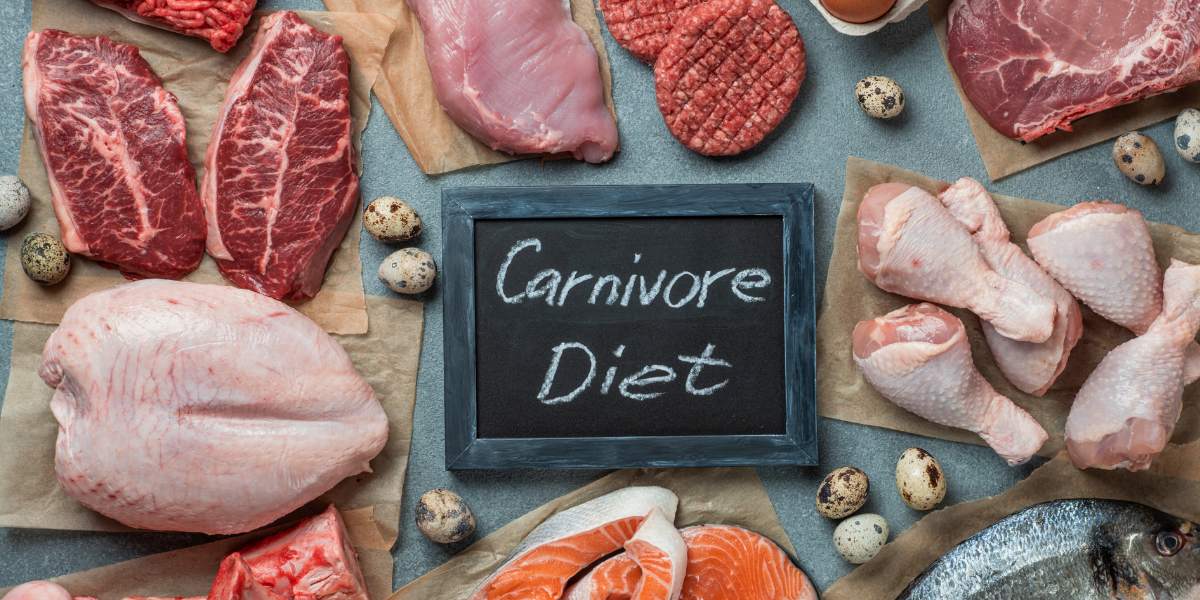Alcohol can have a confusing effect on blood sugar levels because it prevents the liver from producing glucose. One consequence of this is that hypoglycemia can occur after a night of drinking.
As a result, people with diabetes are often advised to eat something to compensate for the expected drop in blood sugar levels Alcohol does affect different people in different ways so, if in doubt, test your blood glucose to see how alcohol affects you.
Some people may find it all too easy to let diabetes drift out of their mind when having alcohol and not worry too much about sugar levels.
However, it is advisable to test blood sugar levels whenever possible to get an idea of how different drinks affect your sugar levels
Beers
Regular lagers tend to typically vary in carbohydrate content from about 10 to 15g per pint.
Some ‘light’ beers may be better and have less than 10g of carbs per pint and some with less 5g of carbs.
Pilsners are thought to have a relatively benign effect on blood sugar, however, just as with any drink amongst this list, it’s best if you can test to be sure what effect they’re having on your blood glucose levels
Stouts, Porters and Guinness tend to be on the higher end of the carbohydrate spectrum amongst beers and can have upwards of 20g of carbohydrate per pint.
There are a wide variety of real ales covering pale ales through to porters. Real ales will typically have a carbohydrate content of 10 to 20g of carbs per pint.
Certain real ales may be given additional flavouring with extra sugar or honey so be prepared for the effect to vary with different beers.
Wines, fortified wines and champagnes
Red wine generally receives good press thanks to the certain chemical properties (polyphenol and resveratrol compounds) it contains.
As you’d expect, dry wines and champagnes will have a lower carbohydrate level than sweeter wines and champagnes.
A dry wine can have as low as 1-2g of carbohydrate in a modest sized glass (200ml) whereas a particularly sweet wine could have over 10g of carbs.
A medium sweetness wine is likely to have 5 to 10g of carbs per standard glass.
Fortified wines such as sherry and port tend to be sweeter than table wine. A glass of port could contain as much as 20g of carbs.
To keep carbohydrate content down, look for dry varieties.
Spirits and liqueurs
Spirits, such as gin, vodka, whiskey and even rum are highly distilled and should not contain sugars. With spirits the consideration is more on what they are mixed with.
Orange and other juices contain a relatively high amount of carbohydrate – about 20g in a small 200ml serving.
Even diet mixers can present problems when having a night out. Be careful that the bartender does serve you a diet version when you ask for it. Diabetics have often been incorrectly served full sugar versions despite trying to be clear.
Liqueurs, on the other hand, are more of a mixed bag and their carbohydrate values can vary considerably.
Creme de Menthen, Sambuca and Amaretto contain upwards of 15g of carbs per shot so be careful if you drink these. Kirsch, Irish Cream and Grand Marnier may be better options if you wish to have a liqueur, although these still contain as much as 10g of carbs per shot.
It’s worth re-stating at this point that alcohol drinks may lead to a delayed hypoglycemic effect so exercise caution, and wherever possible, test your blood glucose to be sure.







